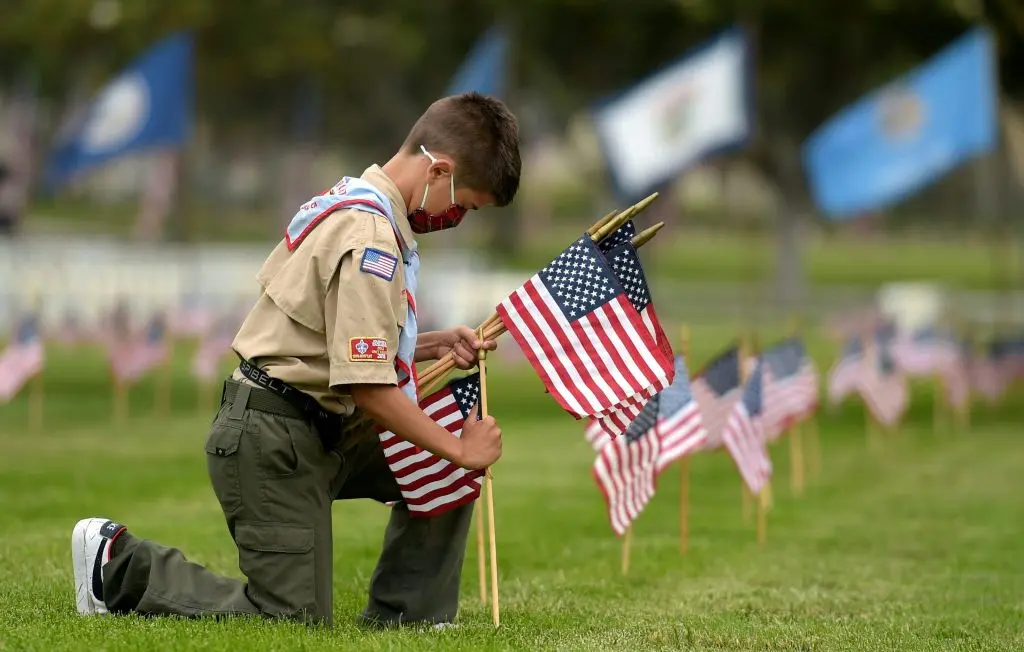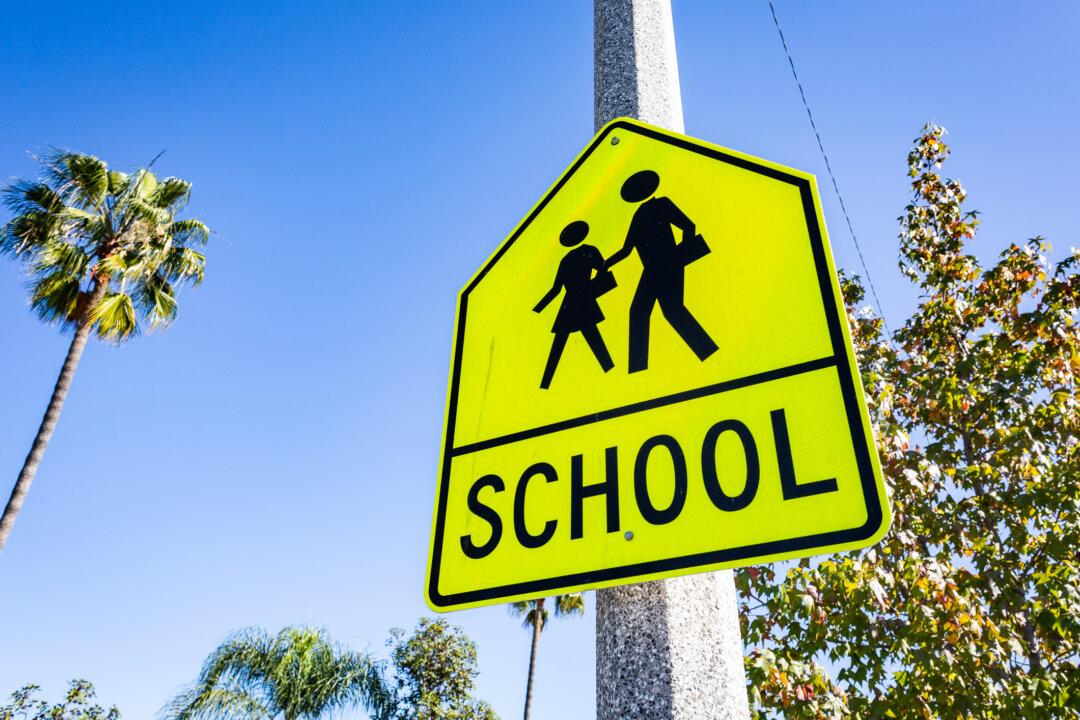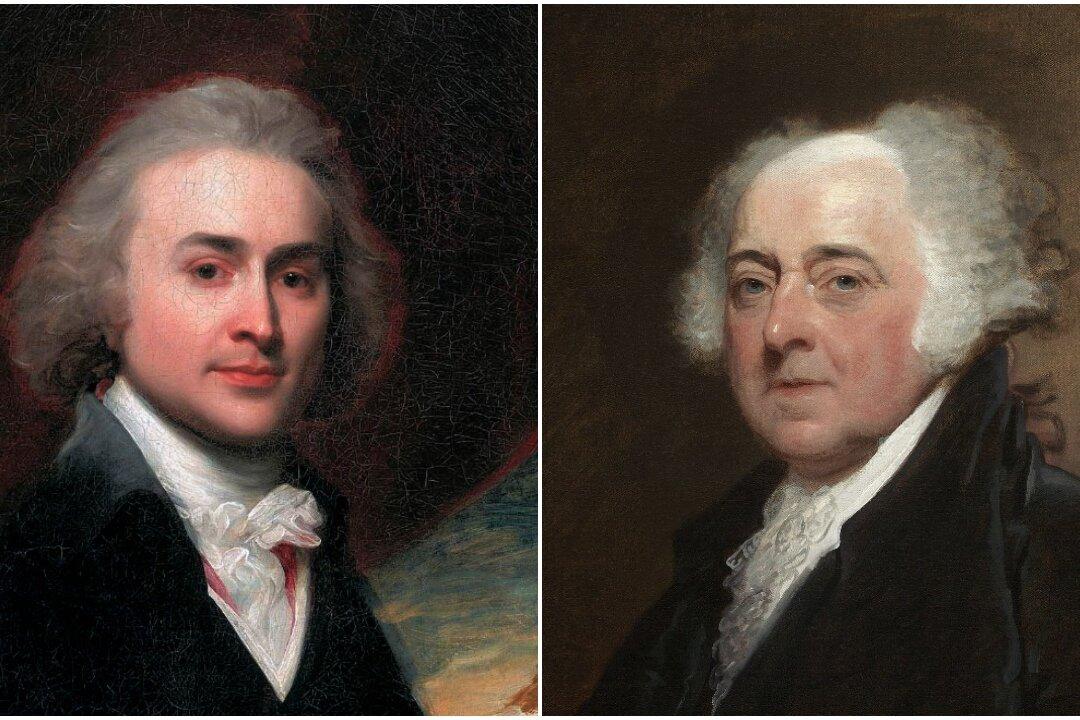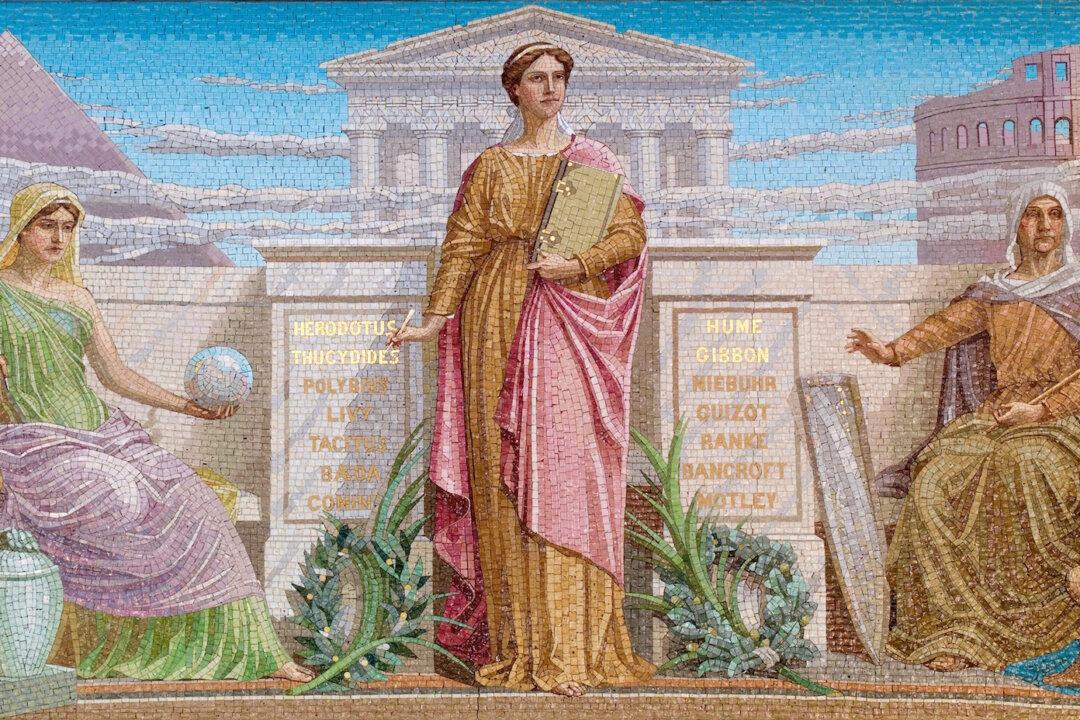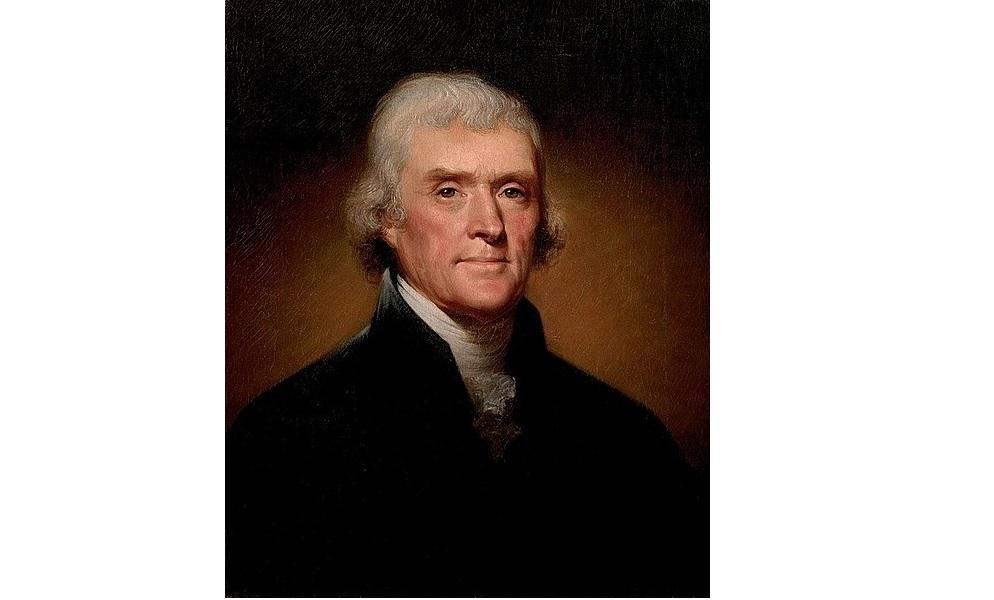Whenever Memorial Day, D-Day, and July 4 come around, I often think of the words of John Adams: “Be it remembered, however, that liberty must at all hazards be supported. We have a right to it, derived from our Maker. But if we had not, our fathers have earned, and bought it for us, at the expense of their ease, their estates, their pleasure, and their blood.”
Every time I remember the men and women who have shed their blood for the freedom and security of my family, my friends, and myself, I’m likewise reminded of Jesus’s powerful words: “Greater love has no man than this, that a man lay down his life for his friends.”
